#hindu kush
Text

The white domes of Chitral Mosque point upward to the 25,289' summit of Tirich Mir, the highest mountain in Pakistan's Hindu Kush Range, some 50 miles in the distance.
Ric Ergenbright
5K notes
·
View notes
Text
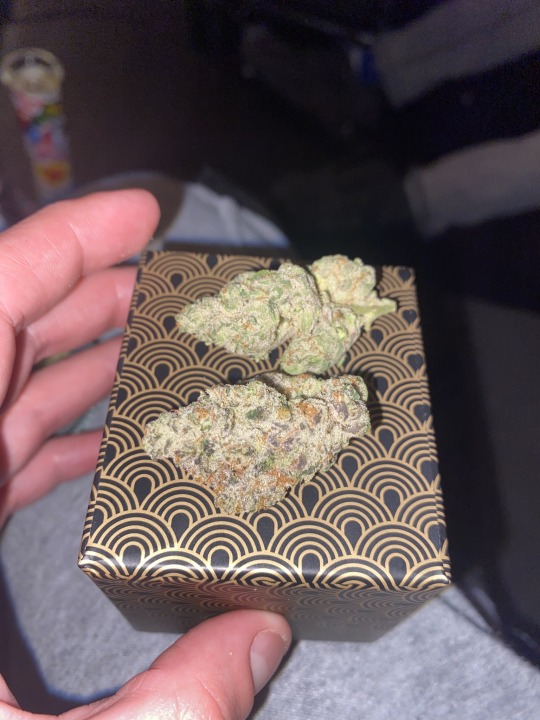
CHERRY GAS
MAVEN GENETICS
#cherry gas#triple OG x cherry frosting x humboldt gelato#triangle kush#maven genetics#hindu kush#wedding cake x cherry sauce#animal mintz#sunset sherbert x thin mint girl scout cookies#OG kush x F1 durban poison#cross strains#life#love#trippy#drugs#smoke#weed#marijuana#cannabis#420#710#stoner#hippie#blunts#joints#bong rips#girls who rip bongs#girls who smoke weed#girls who smoke#420stoner#420daily
157 notes
·
View notes
Photo
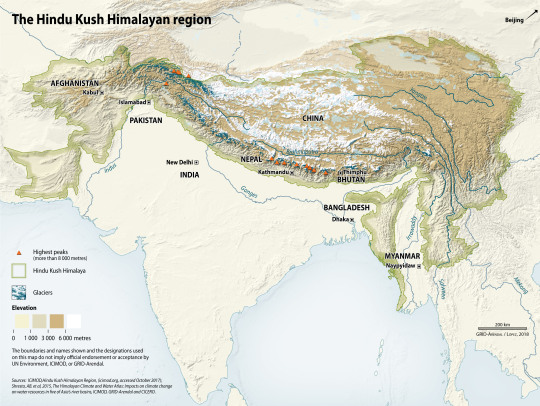
The Hindu Kush Himalayan region.
118 notes
·
View notes
Text
Coin from the Hindu Kush circa 160 CE with representation of Mao, a moon-goddess standing with crescents coming from shoulders

2 notes
·
View notes
Text


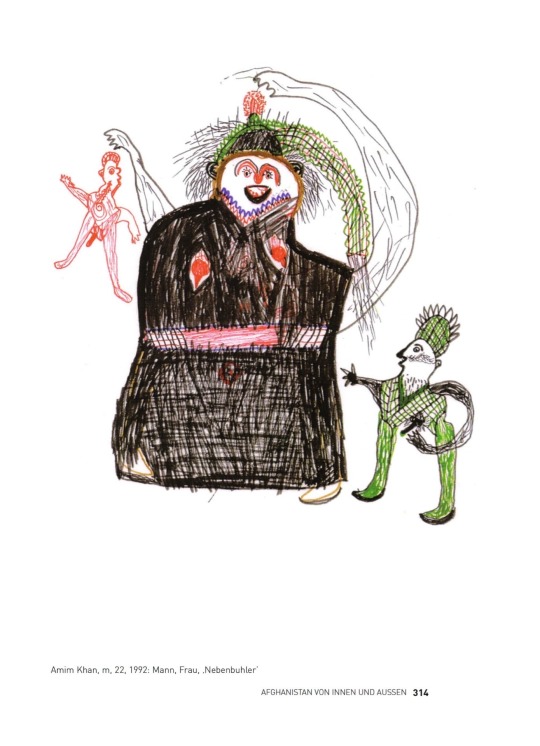
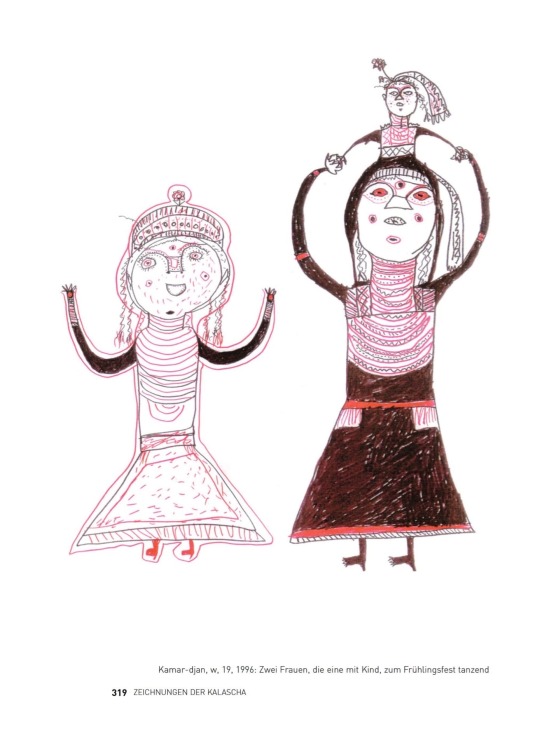

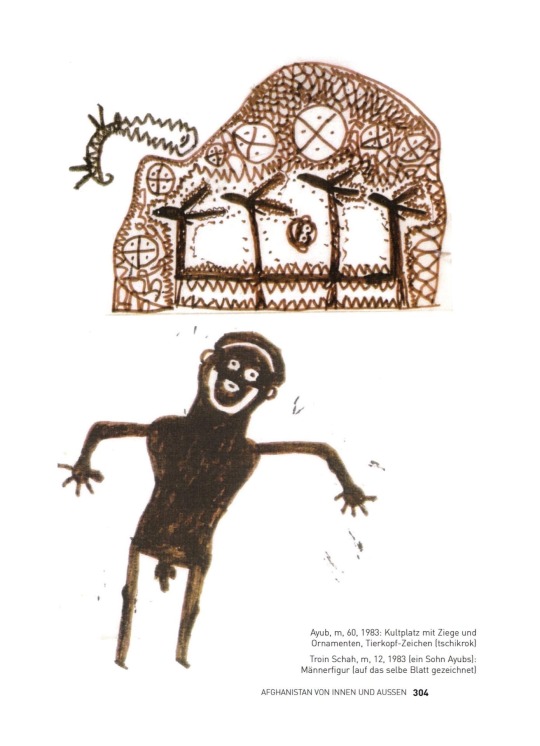
Aghanistan von Innen und Aussen: Welten des Hindukusch 2010
#afghanistan#hand drawn#hindu kush#afghan people#children drawings#islam#islamicart#south asia#asia#hinduism
9 notes
·
View notes
Text
Marrakesh was Orlando
Marrakesh was Orlando, the Capital of Morocco, is not an attacked on the duplicate Marrakesh that is in North Africa. This post is intended to educate the masses by shedding light on the lost history of America, and to educate the masses on the domestic presence of the Moors, since the Moors have been labelled as foreign invaders from Morocco that is in North Africa.
If you don’t already know,…

View On WordPress
#advanced ancient civilization#advanced ancient technology#Advanced Technology#ancient Egyptians#Bay Lake Florida#Ethiopia Superior#free energy#Gothic Architecture#Hindu Kush#History of Orlando#India Superior#Kush#Kushites#Marrakesh#Moors#Morocco#Morocco Pavilion#Prester John#Tameri#The bee#the Epcot Center#the Fez House#The Green Swamp#the Marrakesh Restaurant#The Scarab Beetle#The Tangierine Cafe#Walt Disney World
4 notes
·
View notes
Text
420 All Month: Citral Glue
420 All Month! Today is Citral Glue.
HybridModerately High THC (22% – 26%)Flower
Sometimes I sleuth around about a strain that catches my attention, just to see what I can learn, and not for any particular reason related to either getting high or selling cannabis. Sometimes I’m just intensely curious, and I need to satiate myself with knowledge, or at least the act of trying to acquire that knowledge. Call it any variation on…
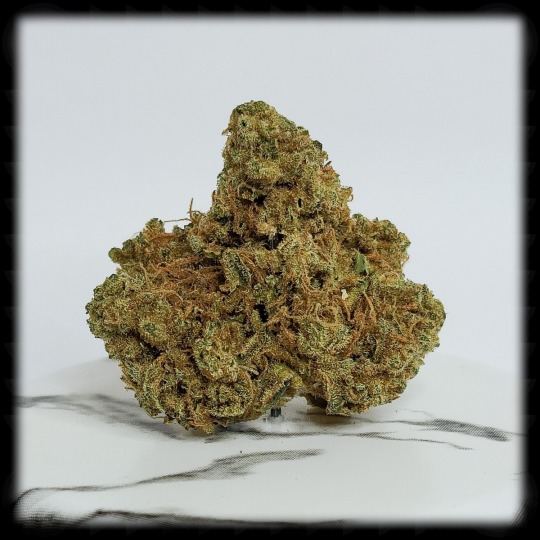
View On WordPress
#420#Anxiety Reduction#At Home#Bright Green#Brilliant Buds#Butter#Calm#cannabis#Cheese#Chitral#Chitral Kush#Citral Glue#Citrus#Creative#Crumbly#Deep Googling#Dry#Euphoric#Evening#Flower#Fluffy#Fuzzy#Herbal#Hindu Kush#Hybrid#Irregularly-shaped Nugs#Large Nugs#Light#Moderately High THC#Orange Hairs
0 notes
Video
youtube
Mountains of the Hindu Kush - Alexander (2004)
#youtube#alexander 2004#alexander movie#world of titans#hindu kush#this scene tho#alexander the great
0 notes
Text
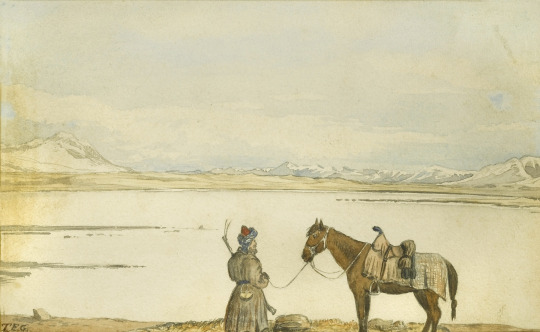
Zorkul, the Great Pamir, 1874, Thomas Edward Gordon
The Zorkul lake lies on the border between Afghanistan's Wakhan Corridor and Tajikistan's Badakhshan Mountainous Autonomous Region -- two incredibly unique locales. The Wakhan Corridor was formed in 1893 as a buffer zone to separate the British and Russian Empires. It remains a remote and beautiful part of Afghanistan, bordered by the Pamir river to the north and the Hindu Kush and Karakorum mountains to the south.
#afghanistan#wakhan corridor#pamir#hindu kush#pamir mountains#thomas edward gordon#art history#zorkul
1 note
·
View note
Text
Afghanistan
Afghanistan is a landlocked country in South Asia, located at the crossroads of Central Asia and South Asia. It is bordered by Pakistan to the east and south, Iran to the west, Turkmenistan, Uzbekistan, and Tajikistan to the north, and China to the northeast. Afghanistan has a long and complex history, and has been the site of many conflicts and invasions throughout its history. In this essay, we…
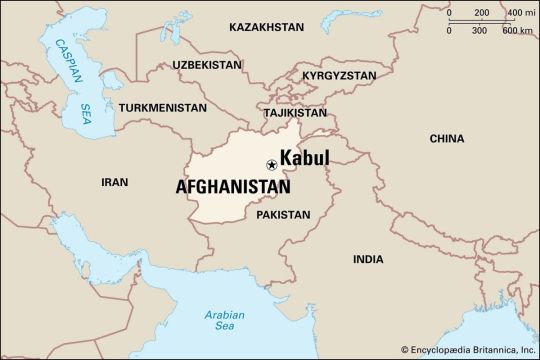
View On WordPress
#Achaemenid Empire#Alexander the Great&039;s empire#ashak#Ashraf Ghani#Central Asia#Hephthalite Empire#Herat#Hindu Kush#ISIS#Islam#Jalalabad#Kabul#kabuli palaw#Kandahar#landlocked#mantu#Mazar-i-Sharif#Mohammed Daoud Khan#mountainous#Pamir mountain ranges#Silk Road#South Asia#Taliban#the Kushan Empire#the Maurya Empire
0 notes
Photo

28G of Hindu Kush
0 notes
Text
"The etymological view supported by numerous noted scholars is that the name Afghan evidently derives from Sanskrit Aśvakan, or the Assakenoi of Arrian, which was the name used for ancient inhabitants of the Hindu Kush. Aśvakan literally means "horsemen", "horse breeders", or "cavalrymen" (from aśva or aspa, the Sanskrit and Avestan words for "horse")."
"The Aśvaka (Sanskrit: अश्वक), also known as the Ashvakan, Aśvakayana, or Asvayana and sometimes Latinised as Assacenii, Assacani, or Aspasioi, were a people who lived in what is now eastern Afghanistan and northern Pakistan. The region in which they lived was also called Aśvaka."
#Afghan#etymology#language#Sanskrit#Aśvakan#Ashvaka#Assakenoi#Hindu Kush#horses#Avestan#assacani#Afghanistan#Pakistan
21 notes
·
View notes
Text


GOD’S GIFT
KELSO KREEPER
#gods gift#grand daddy purple#OG kush#mendo purps#skunk#big bud#purple urkle#chemdawg#hindu kush#kelso kreeper#life#love#trippy#drugs#smoke#weed#marijuana#cannabis#420#710#stoner#hippie#blunts#joints#bong rips#girls who rip bongs#girls who smoke weed#explore#expand#exist
135 notes
·
View notes
Photo
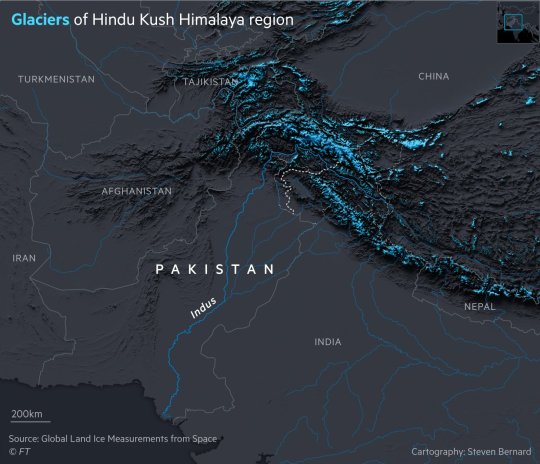
Location of the glaciers in the Hindu Kush Himalaya region. Glacial melt has added to the effects of more aggressive monsoons, by releasing snow and ice melt into Pakistan’s river basins.
by @sdbernard
82 notes
·
View notes
Note
May I request another prompt, this time Ramayana??
Where after Sita's bhumi pravesh, Luv -Kush live at Ayodhya's palace. They are merely 8, feel scared at this new place and battle resentments against their father for abandoning their mother. Who love their mother but are angry at her for forsaking them. Grappling with loss of their familiar forest and pleasures of simple lives, find the city walls strangling them.
Hi there, and sorry, this is a little late. This is also a little depressing, and I do not apologise for it.
Prev ask: Karna and Arjuna character swap is here
1.
This day Luv is eight years old, and the world is gray.
“You may play here if you wish to, you will be safe,” the King, their father, says, gesturing at the gardens. The trees are trimmed and gray, the walls are high and soot.
Their father leads them to the throne room; he doesn’t know it is their birthday.
“This is where we talk about... er, important affairs,” Rama explains, stilted and awkward.
High on the dias, a sculpture sits hard and cold upon the Queen's seat. It looks to him an ashen thing, but Luv has learnt it is a golden memorial to Sita's enduring place at Rama's side.
There is gold of the coin, and the gold of the wheat, and then there is the gold of Sita's smile. He thinks of his mother at the aashram, bent over the flour mill with calloused hands and crinkled eyes, and pities the statue that seeks to compare.
“Your eyes deceive you, Your Majesty,” he tells Rama. “That is not my mother.”
The King looks stricken, and Luv turns away. Perhaps this is what the King needs, a statue that is silent and chaste and dear.
“I know,” Rama whispers, kneeling by his side. There are tears in his royal eyes, and Luv has never loathed anyone more.
2.
Angada's mother is tall and beautiful, and the quietest of all his aunts. She sits on the steps to her husband’s room, and beckons them closer.
“Greetings,” Kush bows, and Luv follows.
“Sit by me, my dears,” she says. Her hair is coiffed up in a high bun, and Luv imagines the pins in them gleaming with gems.
Urmila notices him watching, and plucks one from her head. It is gray in her palm as she holds it out to him, like all other things, and he takes it in silence.
“May I help you?” Kush asks, ever polite and well-mannered, and she laughs.
“I am not doing anything,” she says. “Do you want-”
The door opens, and Lakshmana appears at the end of the hallway. He rubs a hand over his haggard face, spots them, and staggers.
Kush jumps up, bows. “Greetings, uncle.”
Luv remains seated, staring at the soft gray carpet and the forbidding gray walls, and thinks of Lakshmana swooning at his arrow's end.
“Forgive me,” he says abruptly, “I have to go.”
He holds out the pin, a flower atop a long straight needle, and bows. Kush touches his arm in concern.
“Keep it,” aunt Urmila says. “It was your mother’s.”
Luv looks down at the little trinket in his palm, turns it over. Kush peers over his shoulder with hungering eyes.
“It is red,” his aunt says, as if she knows about the gray, “and there is a ruby at its heart.”
Luv clutches it to his breast, watches the colour spill across it like the red sun bleeding on a newborn dawn. The world is gray and he is a colourless blot, and Sita sits at the centre of it, burning in the fire's test, bright red and lost.
3.
In his dreams, Luv is a weevil in the flour. Someone is shifting through it, running vivid gold fingers through the dusted grains. He bites at the right and bites at the left, lets the starchy sweetness flood his tongue.
Then there are great gold walls closing upon him, and it is his mother who hauls him out, who throws him to the grass to starve and die.
“Maa!” he calls, clinging to her hands, but he is weak, and he is lost, and he falls, and then he wakes up.
The walls are gray, but no less imposing, and he clutches at Kush's arm. His brother is draped in a blanket as black as a washerman's heart, and Luv crumples the fabric in his fist.
Kush sits up beside him, an ashen smear against an ashen world. “Did you have a bad dream?”
Luv twists the dark cloth between his fingers, contemplates on how to answer. Their uncles claim Kush takes after Sita; Luv knows he needs a little brother to lean on, just like Rama.
“You had a bad dream too, didn’t you?” he asks.
“Mhmm,” Kush hums, and Luv takes his hand.
“You first, then me,” he says.
Kush taps his lips and stares at the dark ceiling. “In my dream...” he recounts thoughtfully, “I was a weevil in the flour.”
Luv tugs on the blanket, wraps himself in their shared sorrow. The world is gray, his mother’s love is a flame, and his brother’s blanket is night.
4.
At the furthermost wing of Ayodha’s palace sits a sunroom of dramatic proportions. The windows here are wide and open, facing the east, so mornings are warm and evenings cool, and Luv could stay here forever.
Uncle Bharata, who leads him with a hand on his back, settles on one of the footstools before a large canvas. Luv watches as aunt Shrutakeerti follows, and their spouses settle on the big couch to the side, pretending to be annoyed at having their portraits done.
“I feel like I should have Luv with me,” aunt Mandvi says, swinging her legs. “And Shatru can have Kush. The heights match that way.”
Luv does not want a portrait done, not when he would never know the colours again. Uncle Bharata beckons him to get another stool and says, “Next time perhaps, darling. Let him observe first.”
Luv plops on the stool with a thump, and studies his uncles and aunts. Shrutakeerti is sketching rough outlines, unlike Bharata, who meticulously draws one eye, then the other.
“Do you want to try?” she murmurs quietly. “You can say ‘no’.”
Luv twists his fingers, feeling warm and shy. He can say no, even though he has no mother and knows none of his family.
“I can try,” he mutters.
Shrutakeerti gives him a conspiratorial smile. “Let’s use brown for the walls,” she says conversationally, as if she knows the grays.
Luv takes the brush and swipes at the corner. It is the colour of earth and mud, of dates and cows and a potter’s clay. The world is gray, but his mother’s love is red and his sorrow is black, and his family is reliable and brown.
5.
Rama wears a yellow dhoti – Luv knows this because the washermen mutter about it all the time. He keeps a close eye on them – they hate how easily the cloth stains, and they hate his mother.
Kush’s condemnation of this practice falls on unheeding ears. His brother is too sweet and too trusting, and Luv must protect what their mother could not.
Brinda, who is some washerman’s wife, brings them lunch at the river everyday. She bows when she sees him, all flustered with shame, and walks faster.
That day he returns from the river with quick steps, excited to see the browns on the barks and the black of Kush’s hair. He has found a pebble on the banks, a pale, smooth rock, and uncle Bharata, he knows, will tell him the colour.
Outside, the gardener burns a heap of fallen leaves, dried by the passing of the rains, and dead with the sorrow of oncoming winter. Some of them are red like his mother’s flower, stark amid the grays. They crumple in the flames and burn, and for a moment he sees Sita engulfed in heat, smiling.
“Maa!” he screams, throws himself at the soaring column of fire.
“Put that out! Now!” someone says, hard and commanding. A hand snatches his shoulder, draws him close and away. He can see no higher than their waist, but their dhoti is the yellow of sunshine and an oriole’s breast, a hundredfold more vibrant than the paltry fires.
Luv lifts his head and finds himself swung up in the air, to where his father’s cheek presses against his. Rama’s face is the brown and black of alluvial earth, and he smells of lotuses and rain.
“It will be okay, little one,” he murmurs, voice quivering. “I am here.”
The world is gray, but it recedes bit by bit, like hope rising from sleep; it is red with his mother’s love and black with his grief, brown with his family’s presence, and bright with his father’s refuge.
+1
His cousins play in the royal gardens all day, unbothered by walls that choke him, unafraid of a parent dying. Luv sits in the shade with his bright red flower and dark black blanket, stroking a brown bark. The world is gray, and Luv’s dhoti is hay, and does not care.
Uncle Lakshmana comes to sit beside him with a huff, ruffles his hair distractedly.
“Will you not join them?” he asks, blunt as ever, and Luv sighs.
“Everything is gray,” he says, as if that makes any sense, but uncle Lakshmana shakes his head as if he understands.
“That is not,” his uncle says, pointing at a lonely little sapling poking out of the earth.
The ash leaches from it like rain clouds fleeing from sequestered plains, and it is the green that defies the winter’s chill.
“It is a weed,” he says weakly. "I have seen the forest."
Uncle Lakshmana scoffs. “Weeds, weeds, weeds,” he grumbles. “All arrogant words made by men who think to tame who grows where. There are no weeds, dear one, and no season either. You grow where and when you will, like all things in this world.”
It is too great a thing to hope for, but the gray is fading like dust blown off an old painting, and it is true. There is green on the leaf and green on the grass, green on the bower and green on the bough. The barks are brown and the flowers are red, and the sun of the Raghu clan shines bright yellow.
“Will you wait till the gray goes away?” he asks Lakshmana.
His sorrow is black, and Sita is gold; when he looks up, his uncle kisses his forehead with a smile. “Always,” he says. “Always.”
#hc: when it comes to kush#luv is basically lakshman 2.0#hindu mythology#ramayan#rama#ram#ramayana#sita#janaki#lakshmana#urmila#ask#anonymous#askbox#ask box#ask response#anon answered#answered#fic#boo writes#5 + 1 fic#luv#kush#bharata#shrutakeerti#laxman
14 notes
·
View notes
Text
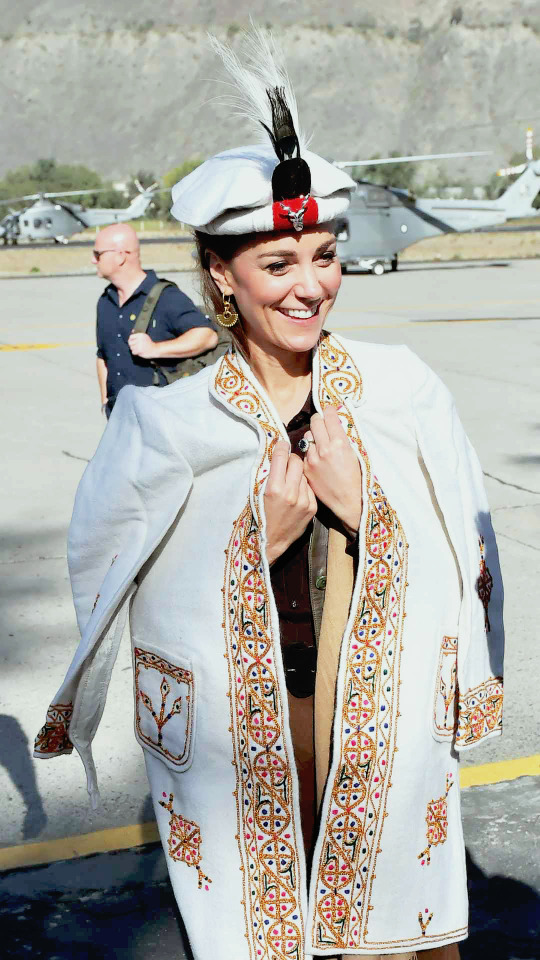
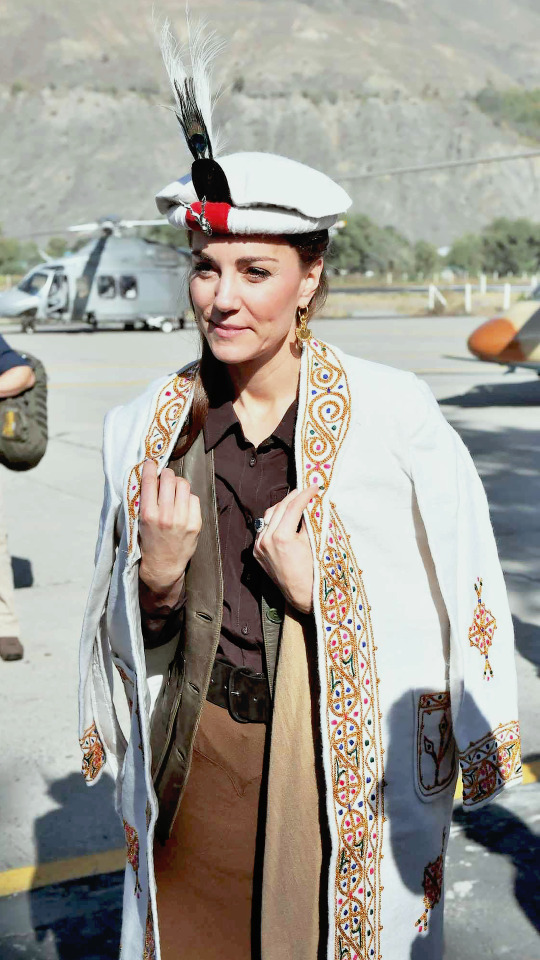
The Duchess of Cambridge visited the Chiatibo glacier in the Hindu Kush mountain range in the Chitral District of Khyber-Pakhunkwa Province | October 16 2019
27 notes
·
View notes